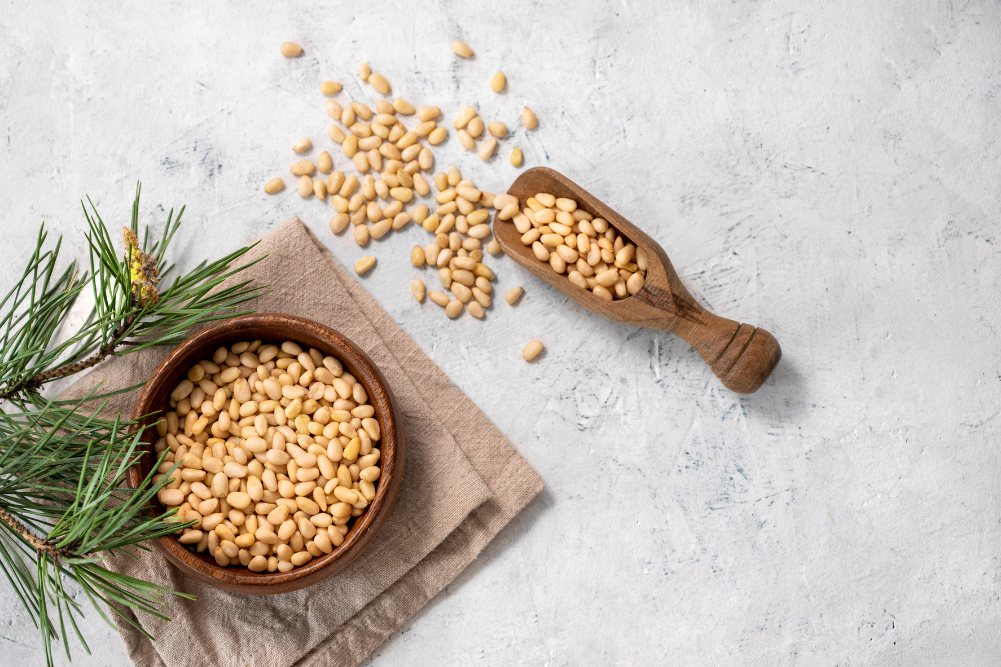Scratch that itch
If you’ve got an itch, scratch it. That’s both a piece of medical advice and piece of wisdom to live by. The burning question is though, what causes the itch and are all itches the same? According to a new piece of research the pleasure achieved by scratching an itch depends very much on where the itch occurs.
Cowhage (Mercuria pruriens) is a tropical vine that produces seed pods which carry spiky hairs that can produce intense itching. Researchers placed these Cowhage seed pods on volunteers, either on their ankles, forearms, or backs. They left the pods there for 45 seconds and then evaluated the intensity of the itch and the pleasure achieved by scratching the area for 30 seconds at five minute intervals. The evaluation was done using a standardised visual scale that measures itch intensity from zero (not itch) to ten (unbearable itch).
The results showed that itch was perceived most intensely on the back and ankle while itching and scratch relief were less intense on the forearm. Additionally, scratching the ankle gave a longer lasting pleasure sensation than on the other two sites.
This all suggests that while we know small nerve fibres are involved in itching, the must be specific nerve fibres involved in the pleasure of being scratched and these must be differently distributed at sites around your body. Understanding this better could lead to better ways to treat skin conditions involving itching.
Although the exact mechanisms of itching are still be discovered we know quite a lot about the itch. We know for instance, that it is contagious. We also know that when you scratch an itch the parts of your brain involved in recalling past events tend to shut down as do the parts that feel pain. Combine this with what we now know about scratching different parts of your body from this latest study, and scratching your ankle (focusing the mind on the moment, reducing pain, and providing lasting pleasure) might be a fast-track to enlightenment.














